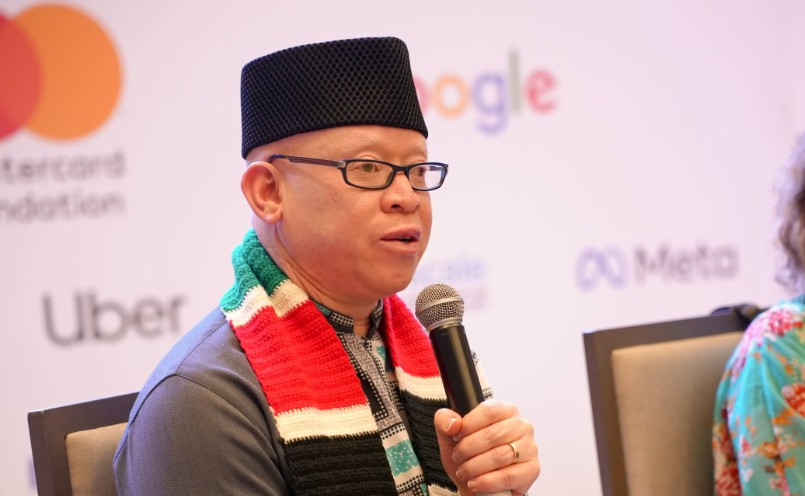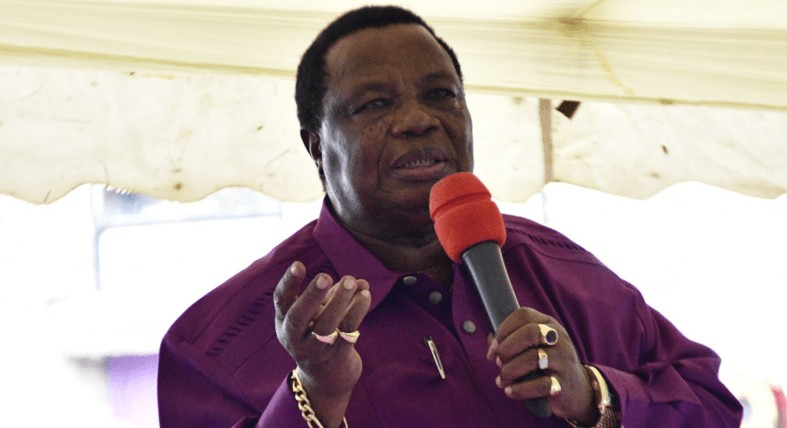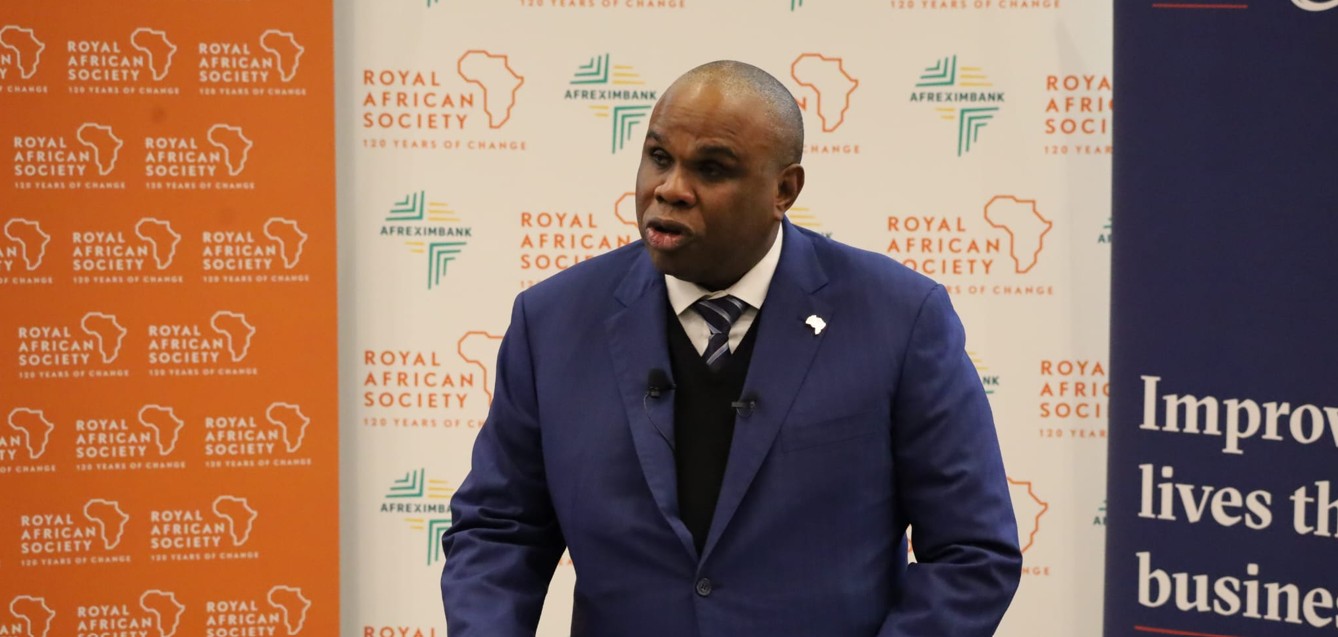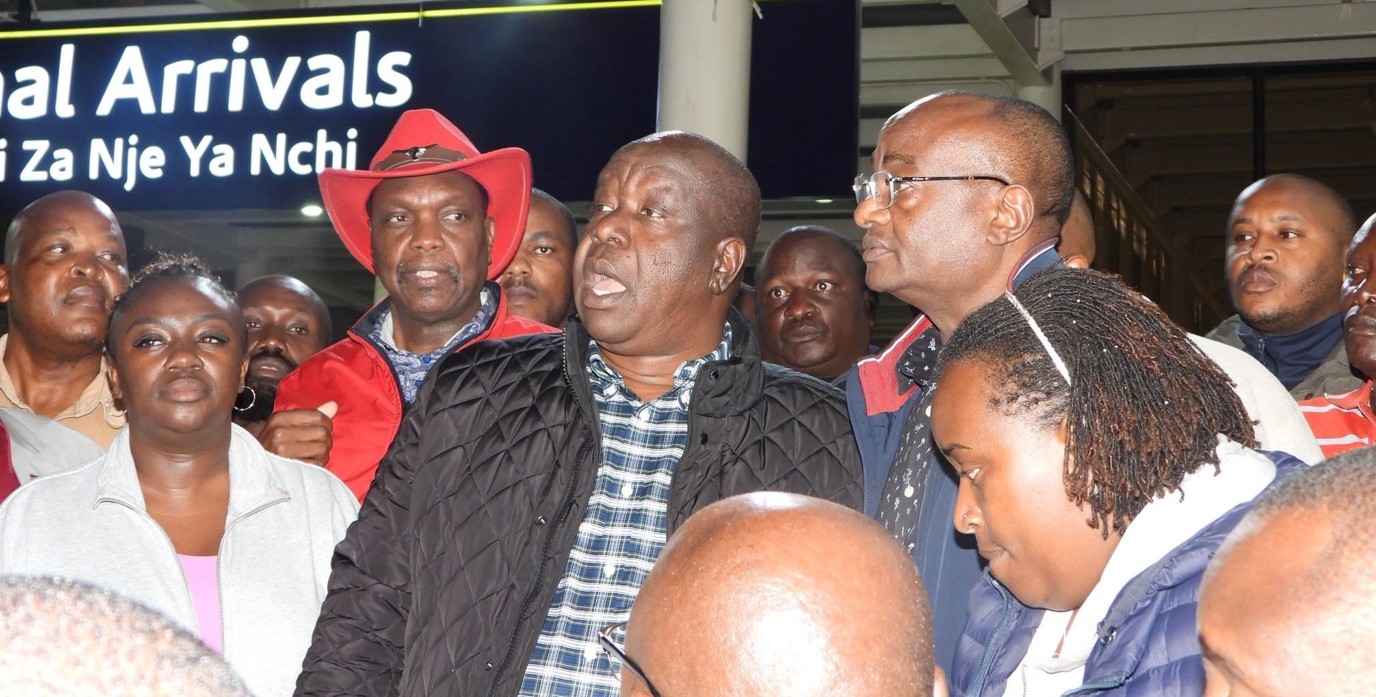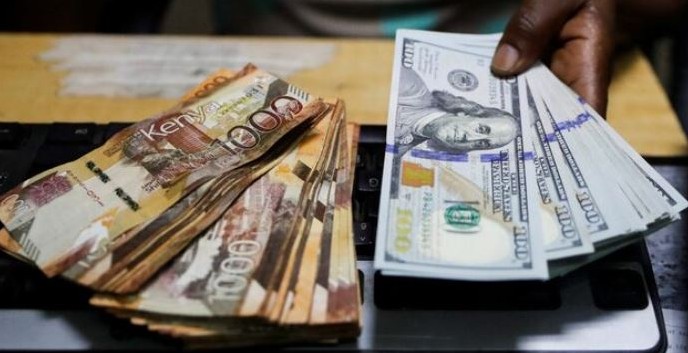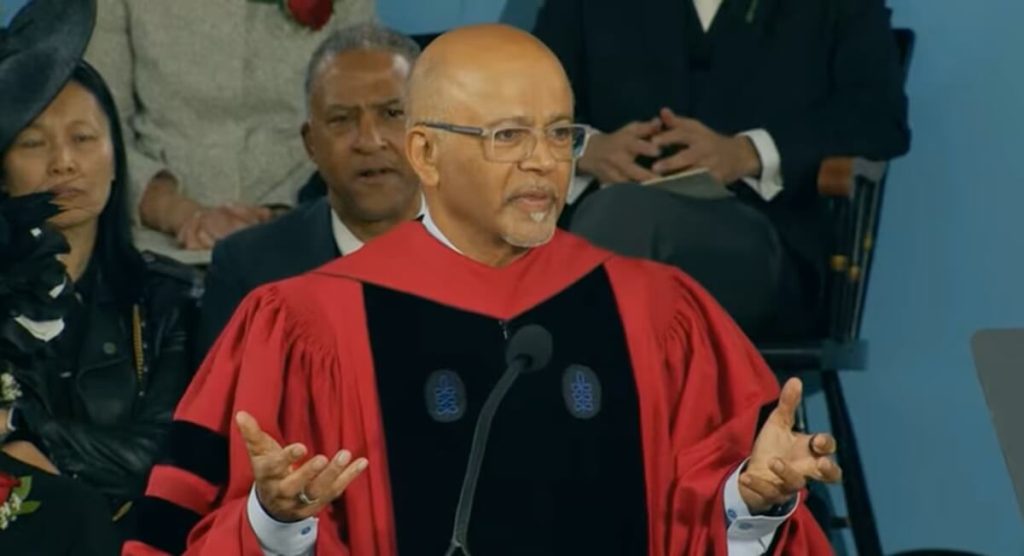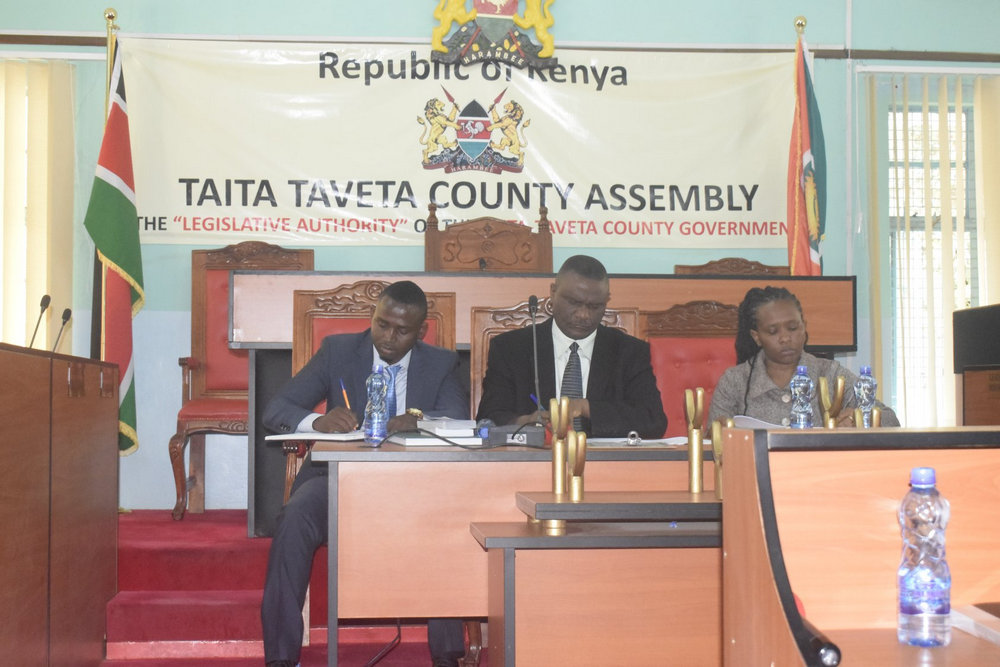State clarifies SHA benefits, tariffs for critical care services
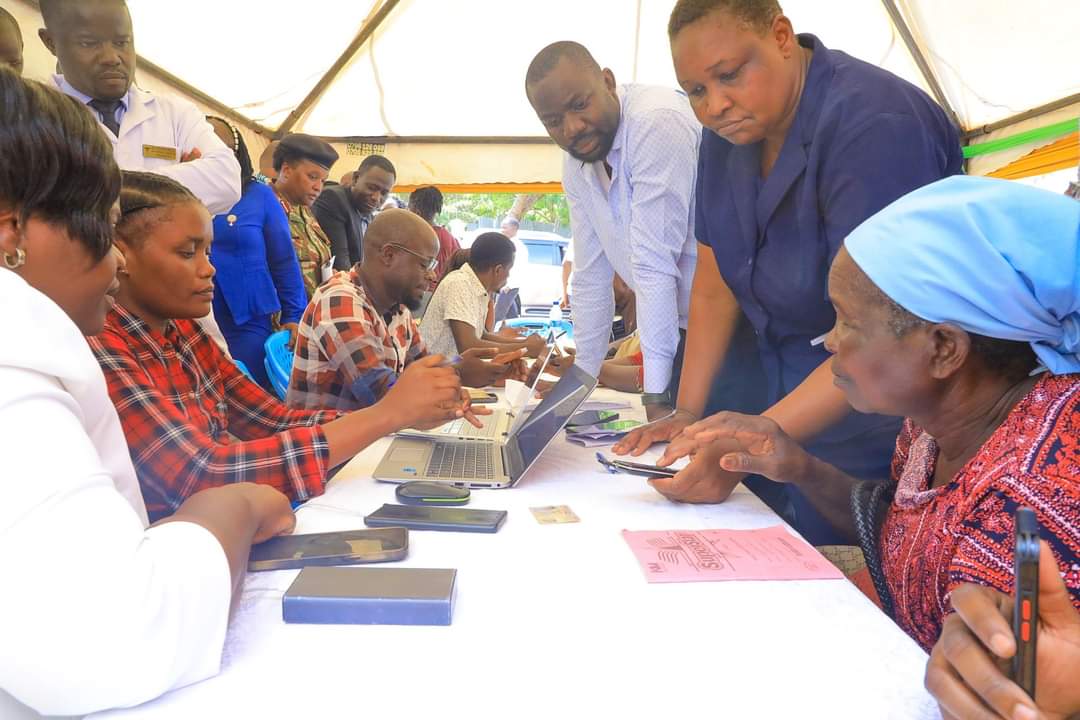
The Ministry emphasised that the tariffs aim to ensure equitable and sustainable healthcare access under a shared responsibility model.
The Ministry of Health has clarified the Social Health Authority (SHA) benefits and tariffs, following the publication of its framework in November 2024.
In a statement on Sunday, Medical Services Principal Secretary Harry Kimtai said SHA offers coverage for critical care services, including Intensive Care Unit (ICU) and High Dependency Unit (HDU) admissions, with rates determined by the level of the healthcare facility.
More To Read
- Kenya’s hospitals in financial crisis as only 20pc of primary health facilities get full payments
- Health CS Duale says he will unveil list of fraudulent health facilities on June 14
- World Bank urges scrapping of SHIF deductions for low-wage workers, cites threats to UHC goals
- Public health facilities to pay KEMSA directly under new SHA system
- Employers face penalties for failing to remit SHA contributions
- Ministry of Health wants Treasury to deduct health workers’ dues directly to fix access delays
He stated that SHA adopts a per diem payment mechanism for ICU and HDU services, with charges varying as follows:
- Level 4 facilities: Sh3,360 per day
- Level 5 facilities: Sh3,920 per day
- Level 6 facilities: Sh4,480 per day
According to the Ministry of Health, households are entitled to a maximum of 180 days of coverage annually for these services.
However, beneficiaries are required to make co-payments if hospital charges exceed the prescribed limits. He noted that these rates apply to services offered at public, private, and faith-based hospitals empanelled and contracted by SHA.
"Members can access service from empanelled and contracted Level 4-6 facilities. The members will top up any amount that exceeds the above cover limit (Co-pay). The cover limit is the same for Public, Faith-based, and Private facilities," Kimtai said.
The Ministry emphasised that the tariffs aim to ensure equitable and sustainable healthcare access under a shared responsibility model.
"SHA is proactively addressing emerging challenges to ensure seamless access to all services such as cancer management, renal care, maternity, and outpatient services," Kimtai said.
The Ministry also announced the formation of a committee, as mandated by Regulation 41 of the Social Health Insurance Regulations, to review the current tariffs and benefits.
Stakeholder feedback
Kimtai said the committee will gather stakeholder feedback to propose practical, short-term, and long-term solutions to enhance the efficiency and sustainability of SHA.
To ensure uninterrupted healthcare services, he added that the Government is exploring additional strategies, including the recapitalisation of the Kenya Medical Supplies Authority (KEMSA), aimed at improving the supply of essential medical commodities to health facilities.
The Ministry encouraged Kenyans to enrol in SHA, urging informal sector members to undertake means testing and remit premiums. Employers were also asked to ensure that their employees were registered and their contributions submitted promptly.
SHA is part of the broader Taifa Care programme, a key component of the Bottom-Up Economic Transformation Agenda (BETA).
The initiative seeks to deliver universal health coverage (UHC) by pooling resources through three funds: the Social Health Insurance Fund (SHIF), the Primary Healthcare Fund (PHCF), and the Emergency, Chronic, and Critical Illness Fund (ECCIF).
Since its rollout on October 1, 2024, SHA has been implementing member registration, contracting healthcare providers, and digitising health systems to improve service delivery.
For accurate information, beneficiaries and stakeholders have been urged to consult official SHA channels or contact 147 for assistance.
Top Stories Today
